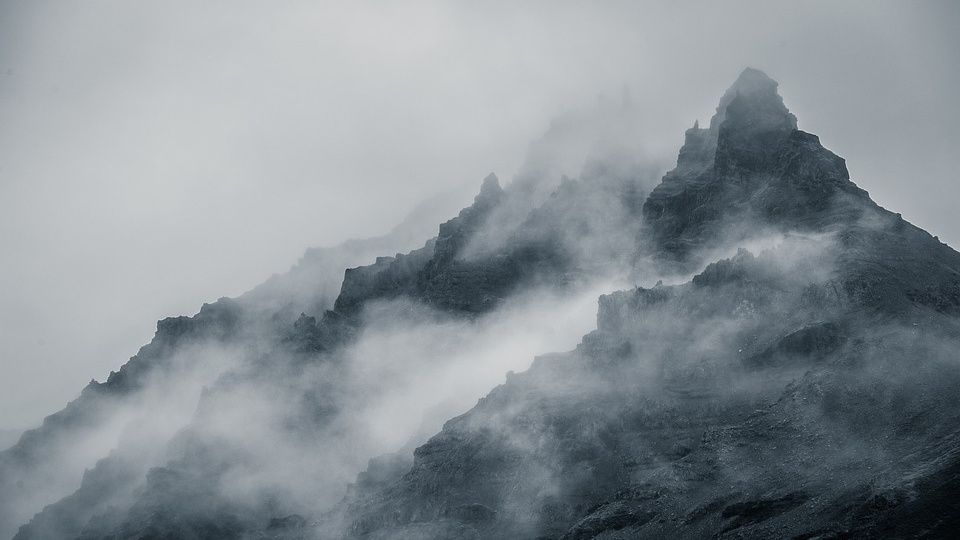SUSAN HOCKFIELD: So there's a lot of news now about decreasing biodiversity. Nature has been reinventing itself for, what is it, almost five billion years, and producing all manner of different kinds of animals and plants, viruses, and bacteria. We worry -- I worry -- that we're going to lose basically our bank account. And let me give you an example. Developing better food products is incredibly important. To feed a population of over 9.7 billion, we're going to have to double the productivity of our crops. Now we've done that before through various kinds of technology, better farming machinery, but a lot of the improvements come from tapping into the biodiversity of plants in the wild.
So if we want to develop crops that are drought resistant or pest resistant, we can use our brains to try and figure out which individual genes we could change around. But that's a very hard way to do it. An easier way to do it -- and it's a strategy that farmers have used for thousands of years -- is to find a related crop that has the desired characteristic -- drought resistance or pest resistance -- and crossbreed it with a crop that we like, that makes the kind of corn that's sweet with a lot of kernels on the cob or a tomato that has particularly brilliant flavor and cooks up well, but maybe is quite sensitive to frost. So to breed our perfect tomato plant to a wild plant that has characteristics we might want is one way, a very important way, that we've improved the crops that we grow. So a loss of biodiversity would limit the ways we can use the biodiversity to make our world better.
But I actually have a deeper philosophical worry. We don't know where the biodiversity that we currently have is heading. We don't know what kinds of plants or animals are in process. And it seems to me that it's an enormous disrespect for the great gifts that we have gotten to not try to preserve, as much as we can, the organisms that have struggled their way into existence today.





